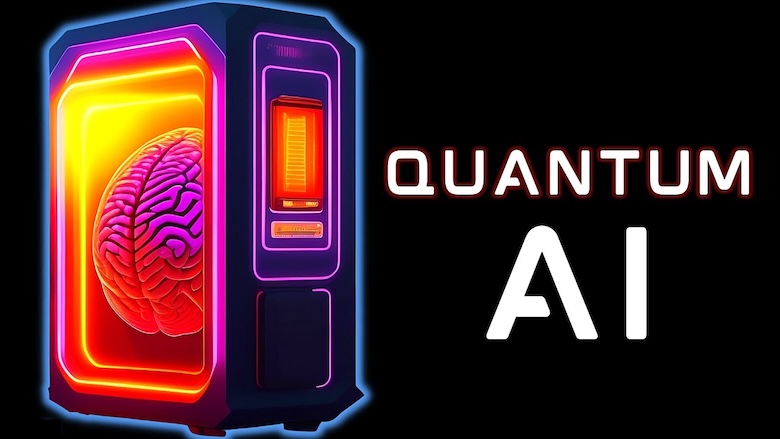
The progression of AI and quantum computing is hindered by a number of obstacles that must be overcome:
Obstacles in Quantum Computing Evolution:
- Error Rectification: The susceptibility of quantum computers to noise and mistakes necessitates dependable error rectification methods to uphold the quality of computation.
- Expandability: It’s crucial to expand quantum computers to hundreds or thousands of qubits while preserving coherence and minimizing error rates.
- Hardware Creation: The construction of superior quantum hardware such as qubits and control electronics presents a significant difficulty.
- Software Creation: Quantum algorithms and software instruments are still nascent, demanding new coding languages and enhancement tools.
- Interfaces with Classical Computers: Effective techniques for data exchange between classical and quantum computers are indispensable.
- Standards and Protocols: Setting standards for hardware, software, and communication interfaces is vital for compatibility and interoperability.
- Qualified Personnel: There is a challenge posed by the lack of proficient professionals in the quantum workforce.
- Total Cost: The development of quantum computing is expensive due to various challenges like hardware, talent, and supply chain complexities.
Obstacles in Integrating AI with Quantum Computing:
- Qubit Decoherence: Preserving quantum information in qubits without loss or degradation poses a substantial obstacle for the application of quantum computing in AI.
It’s imperative to address these obstacles through research, investment, and cooperation for the successful evolution of AI and quantum computing technologies.

